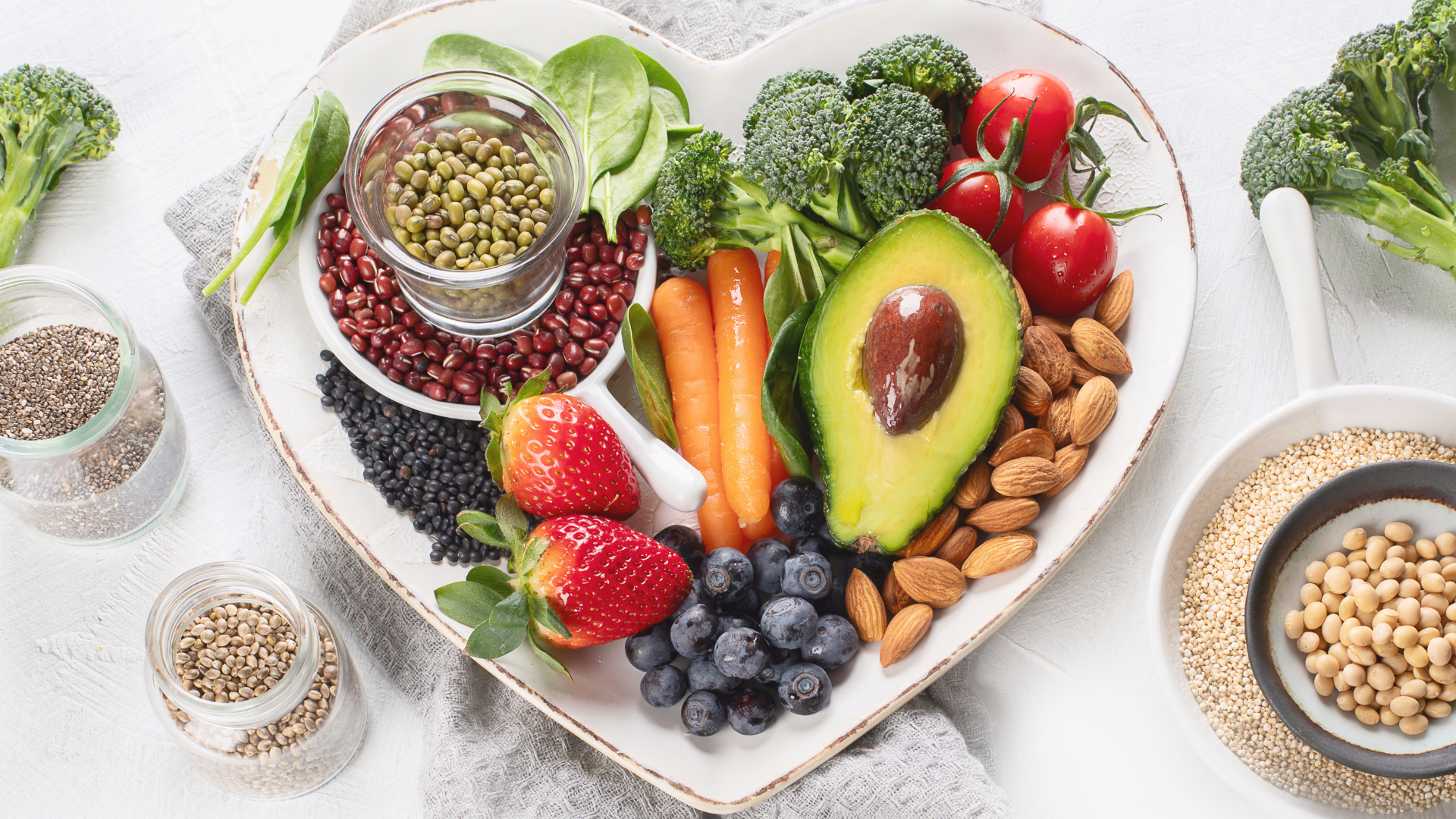Physical Address
304 North Cardinal St.
Dorchester Center, MA 02124
Physical Address
304 North Cardinal St.
Dorchester Center, MA 02124

Going vegan is becoming more and more popular as people begin to question the sustainability of traditional diets as well as the impact of meat and dairy production on the environment. Vegan diets, or plant-based diets, are gaining in popularity for both men and women, and there’s good reason for that. Studies have shown a diet rich in plants can reduce inflammation, boost your immune system, prevent diabetes, heart disease, and certain types of cancer, and may even help you lose weight.
If you’re considering going vegan, you may be wondering what to expect. It involves eating foods that have no meat, eggs, or dairy products. These foods include fruits, vegetables, grains, and legumes, and vegans often eat nuts and seeds, as well as non-dairy milk. Veganism has become a growing trend in recent years, and there are many reasons for people to go vegan. Some people go vegan for health reasons, while others are concerned about animal welfare.
These days, almost every food item you pick up at the grocery store is labeled “vegan” or “vegetarian.” And, in many cases, that label can imply a healthier option. But it’s not always the case. In fact, some vegan foods are unhealthy and do a poor job of meeting your daily nutritional needs.
Vegan diets have long been touted as being healthy, and while they do promote a plant-based diet, they are not necessarily the healthiest. In fact, many vegan-friendly foods have far more fat, sodium, and sugar than their non-vegan counterparts, so a vegan diet may not be the healthiest option, especially if you’re hoping to lose weight.
Going vegan doesn’t mean you can’t indulge in your favorite foods. It also doesn’t imply that you give way to anything. Veganism isn’t a fad diet; it’s a healthy lifestyle choice. It is a philosophy that supports the consumption of animal-free foods and goods, advocating veganism for ethical, environmental, and health reasons. To truly comprehend what veganism is, you have to understand the philosophy underpinning it. Vegans avoid animal products for moral and ethical reasons. Veganism is not just about the diet. It’s about lifestyle choices, and it is a philosophy that leads to a balanced relationship with animals and the earth.
All your favorite treats may be vegan, and you don’t even know it. Because those products are so easy to find these days, it’s easy to assume that your favorite treats must contain animal products to be vegan, but that’s simply not the case. Some of the easiest vegan treats to find are vegan chocolate, which is easy to mold into shapes, and vegan cookies, which are baked, so vegan cookies are often baked vegan, too. Find vegan candy, ice cream, and cakes, too, and you’re left with vegan goodies that taste just as good as non-vegan ones.
Get ready for more shopping time. Vegan food can be expensive, so you’ll need to allow extra time for your shopping. Read labels. Vegan food manufacturers are not required to list every ingredient they use, so you’ll have to learn how to read labels and use a nutrition calculator.
Once you ditch all animal products from your diet, be prepared to spend more time in the supermarket reading food labels. That’s according to registered dietitian Joy Bauer, who told INSIDER that “going vegan is a lot more work because you can’t just buy anything off the shelf.” Vegans must pay close attention to what ingredients are in everyday food items, such as milk and eggs, and they must be diligent about reading food labels to make sure they’re not getting any animal products.